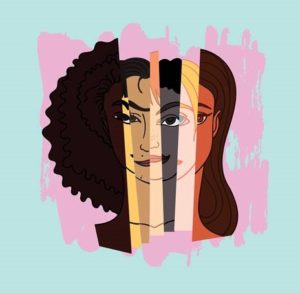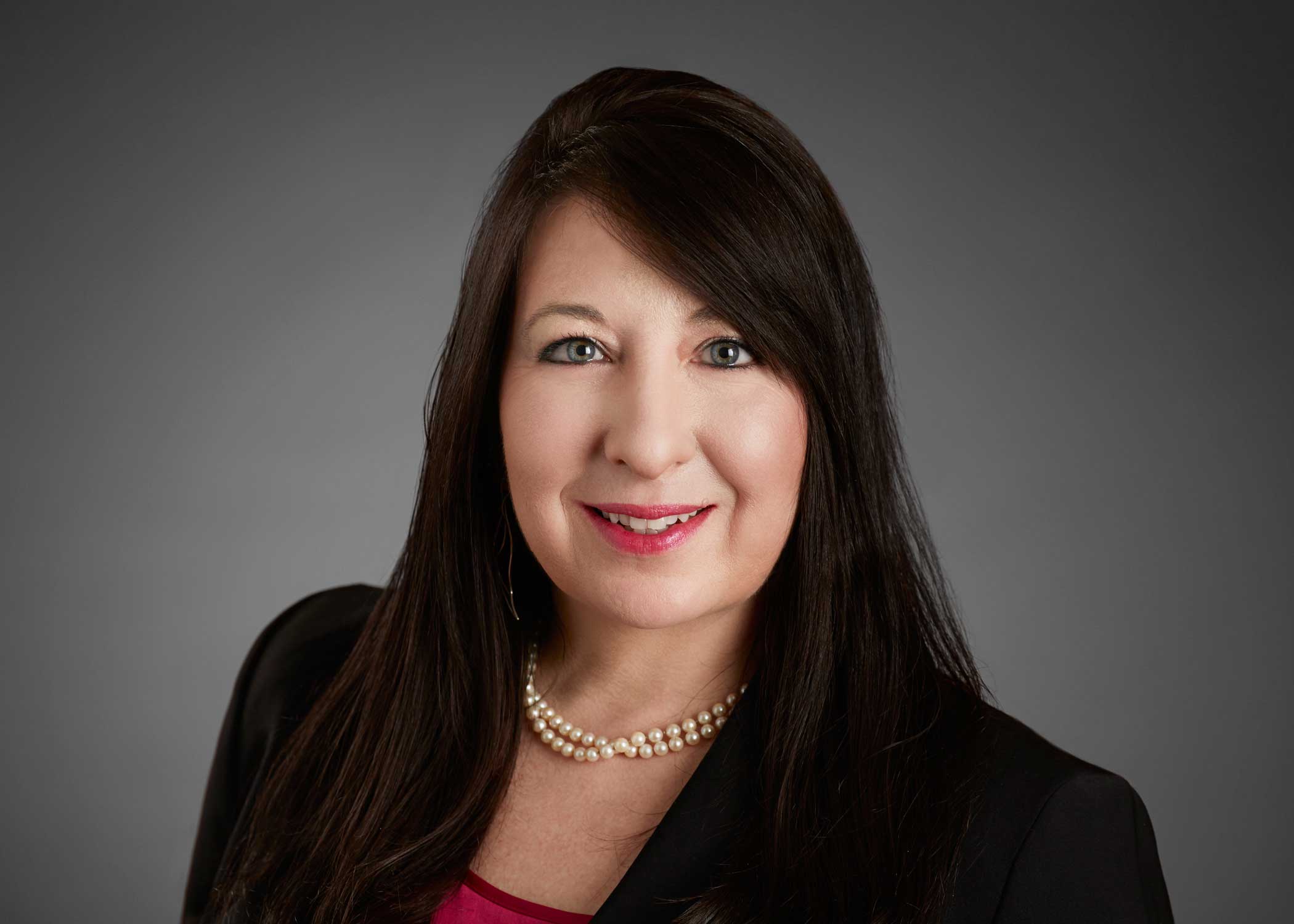RPJ Program Launch Commemorating #MeToo @ Five Years – How Far the Laws Have Come and May Yet Go
 On October 5, 2017, five years ago today, The New York Times published a bombshell expose revealing decades of sexual harassment, discrimination and abuse by Hollywood mogul Harvey Weinstein, launching the #MeToo movement. See Harvey Weinstein Paid Off Sexual Harassment Accusers for Decades – The New York Times (nytimes.com).
On October 5, 2017, five years ago today, The New York Times published a bombshell expose revealing decades of sexual harassment, discrimination and abuse by Hollywood mogul Harvey Weinstein, launching the #MeToo movement. See Harvey Weinstein Paid Off Sexual Harassment Accusers for Decades – The New York Times (nytimes.com).
In observation of this important fifth anniversary of the launch of the #MeToo movement, our law firm, which was directly involved with the Weinstein matter, produced a special two-hour accredited CLE program through the National Academy of Continuing Legal Education (“NACLE”) in which we discuss legal trending and concrete developments, and changes in employment law over this turbulent and dynamic five-year period. Developed and produced by RPJ Partner Deena R. Merlen, the CLE accredited program features prominent RPJ attorneys Helen D. (“Heidi”) Reavis, Nicole Page, Deena R. Merlen, Jill Kahn Marshall, Ethan Krasnoo, and Dr. Olajumoke (“Jumo”) Ayandele, and provides a view from the frontlines and behind the headlines that have led to new laws and requirements enacted to combat harassment and other forms of discrimination in the workplace to prevent the perpetuation of historic inequities. RPJ’s curated program also turns back the clock to respect and review some of the legal antecedents, causes and uprisings that led to movements before the #MeToo movement, to better understand the context of #MeToo and what social and legislative changes may lie ahead.
Hashtag #MeToo was inspired by sexual assault survivor and activist Tarana Burke, who years earlier had coined the phrase “Me Too” to encourage people to speak up and out about the sexual harassment and sexual abuse to which they had been subjected. Following the Times’ Weinstein expose, the #MeToo movement roared across social media and onto the streets, as countless individuals shared their own stories of sexual harassment and other forms of unlawful discrimination by people in positions of power across a broad spectrum of industries and circumstances. The movement spread from the US to other countries, with #MeToo translated in some countries (such as #AnaKaman, an Arabic translation now used millions of times) or created anew (such as in France, where #BalanceTonPorc, translating to “Expose Your Pig,” quickly went viral). The demand for change continued and intensified, and was further marked in the US by surging advocacy efforts, legislative initiatives, and protests against racism that markedly increased in the aftermath of George Floyd’s horrific murder. The backlash against some of these measures is also noteworthy and points to a deeply divided nation grappling with searing issues involving race, sex, gender and gender identity, sexual orientation, freedom of religion and other significant areas that bear on how we live, learn and work together.
 This article is intended as a general discussion of these issues only and is not to be considered legal advice or relied upon. For more information, please contact RPJ Partner Deena R. Merlen, who counsels clients in areas of employment and labor law, anti-discrimination and harassment prevention programs, general business law, commercial transactions, intellectual property, media and entertainment, and dispute resolution. Ms. Merlen is admitted to practice law in Connecticut and New York.
This article is intended as a general discussion of these issues only and is not to be considered legal advice or relied upon. For more information, please contact RPJ Partner Deena R. Merlen, who counsels clients in areas of employment and labor law, anti-discrimination and harassment prevention programs, general business law, commercial transactions, intellectual property, media and entertainment, and dispute resolution. Ms. Merlen is admitted to practice law in Connecticut and New York.
